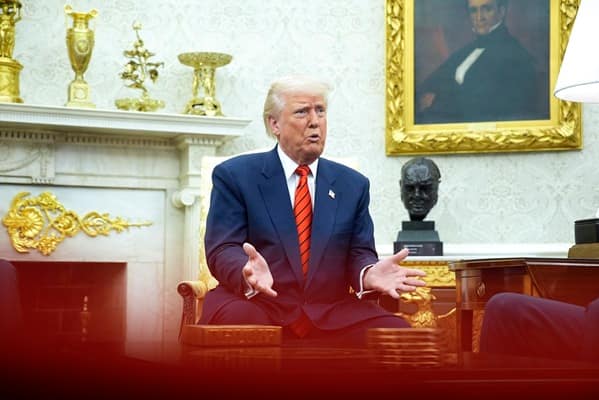Bitcoin’s Bumpy Ride: Why the Crypto Titan Is Feeling the Heat
In the last ten days, Bitcoin has tiredly wobbling between $94,000 and $100,000. Meanwhile, Bitcoin ETFs have shed a hefty $650.8 million in investors’ pockets, proving that even the “institutional” crowd is losing its appetite.
Why do people panic?
- Weak institutional confidence: When big‑money players back away, the market tends to buckle.
- Market volatility: Bitcoin’s correlation with gold is shaky—so it swings more like a drunk stock than a steady gold standard.
- Economic uncertainty: Rising CPI numbers and the murky geopolitics of Russia‑Ukraine add extra stress.
The CPI Shockwave
The recent spike in Consumer Price Index (CPI) nudged expectations that the Federal Reserve might tighten policy sooner. That, in turn, pushed risky assets—including Bitcoin—downward. In plain English: inflation makes the Fed crankier, and everyone else feels the squeeze.
Trump & the “Crypto Frontier”
Joe Biden’s successor has been flirting with the idea of a Federal Reserve for cryptocurrencies. He’s not the only one—states are stepping up to the plate. Here’s an inside look:
State‐Level Moves
- Utah: Bitcoin reserve bill already in committee.
- Oklahoma & Arizona: Progressing toward the same milestone.
- Potential ~¥23 billion purchase: Roughly 247,000 Bitcoins could be snapped up if the legislation passes.
This would be the first time U.S. states actually buy crypto as a store of value, shaking up the market in a big way.
What This Means for Bitcoin
- Demand surge: State mandates would unleash a wave of institutional buying—think “government pension funds” buying Bitcoin wholesale.
- Supply squeeze: With Bitcoin capped at 21 million coins, a sudden demand spike can make prices climb faster than a rocket.
- Retail hype: If the crypto becomes official, people may rush to buy to avoid missing out, turning the market into a frenzy.
In short, the ripple effect could turn Bitcoin into the new “reserve currency” of the states, gaining legitimacy and inflating value.
Will It Ripple Through the Entire Crypto Market?
Even if only a handful of bills make it through, the domino effect could be felt in related areas—think USDT staking or other stablecoins that investors flock to for seemingly safe returns.
Bottom Line
We’re on the brink of a possible new chapter: Bitcoin going from a wild digital experiment to a standard financial asset within state reserves. Whether this momentum stays or fizzles out will heavily depend on how many of the proposed laws pass. If it does, we could see a significant price shift—just when markets are ready to get a bit more “Bitcoin‑centric.”
Want real‑time updates on this development? Subscribe now and stay in the loop.




